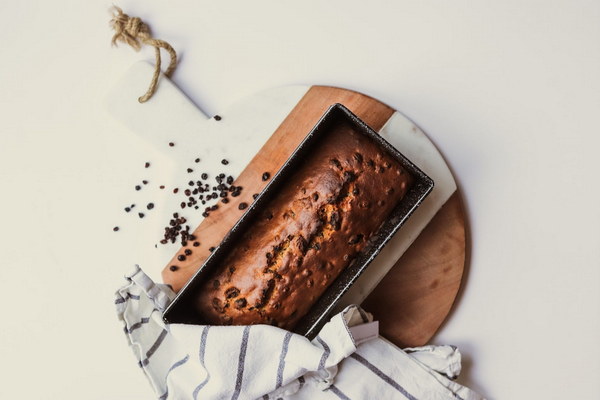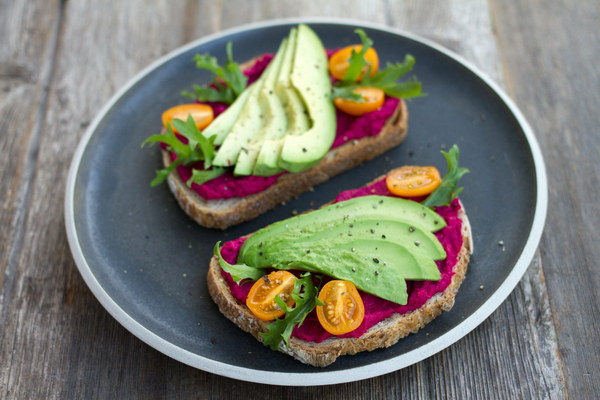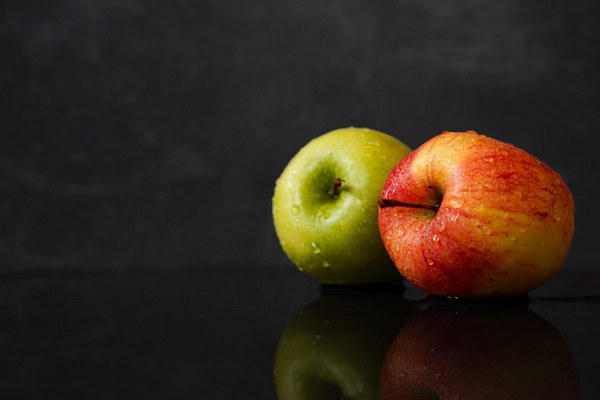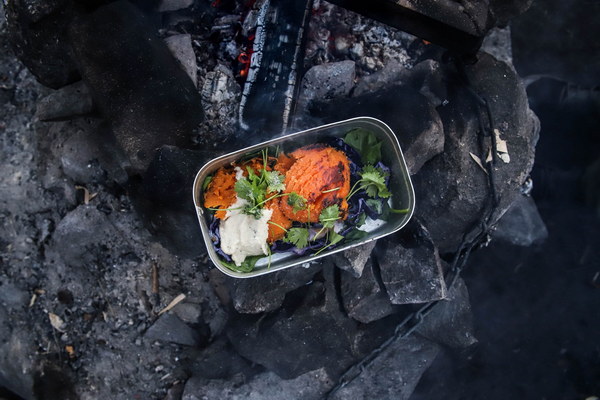Caring for Your Health Essential Tips for Managing Gallbladder Polyps
Introduction:
Gallbladder polyps, small growths on the inner lining of the gallbladder, are relatively common. While many polyps are benign, it is essential to take proper care of your health to ensure they do not lead to complications. In this article, we will discuss how to maintain a healthy lifestyle and manage gallbladder polyps effectively.
1. Maintain a Balanced Diet:
A balanced diet is crucial in managing gallbladder polyps. Focus on incorporating the following:
- High-fiber foods: Increase your intake of fruits, vegetables, whole grains, and legumes. These foods help prevent constipation and lower the risk of gallstones.
- Lean proteins: Include lean meats, fish, poultry, and plant-based proteins to ensure a healthy diet.
- Healthy fats: Use olive oil, avocados, and nuts to incorporate healthy fats into your meals.
- Avoid high-fat and high-cholesterol foods: Reduce the intake of fried foods, processed meats, and full-fat dairy products.
2. Stay Hydrated:
Drinking plenty of water is vital in preventing gallstones and keeping your gallbladder healthy. Aim to consume at least 8-10 glasses of water daily.

3. Regular Exercise:
Regular physical activity can help maintain a healthy weight, improve digestion, and reduce the risk of gallstones. Aim for at least 30 minutes of moderate exercise most days of the week.
4. Weight Management:
Maintaining a healthy weight is crucial in managing gallbladder polyps. If you are overweight, consider losing weight gradually through a combination of diet and exercise.
5. Monitor Cholesterol Levels:
High cholesterol levels can increase the risk of gallstones. Regularly monitor your cholesterol levels and consult your healthcare provider for appropriate management.
6. Limit Alcohol Consumption:
Excessive alcohol intake can lead to gallbladder inflammation and increase the risk of gallstones. Limit your alcohol consumption and opt for healthier beverage options.
7. Avoid Fasting and Intermittent Fasting:
Fasting or intermittent fasting can lead to dehydration and decreased bile production, increasing the risk of gallstones. If you are considering fasting, consult your healthcare provider first.
8. Regular Check-ups:
Regular check-ups with your healthcare provider are essential in monitoring the growth and health of gallbladder polyps. Follow your provider's recommendations for screenings and tests.
9. Manage Stress:
Stress can impact your gallbladder health. Find healthy ways to manage stress, such as meditation, yoga, or engaging in hobbies.
10. Avoid Smoking:
Smoking has been linked to an increased risk of gallbladder disease. Quitting smoking can improve your overall health and reduce the risk of gallstones.
Conclusion:
Managing gallbladder polyps involves adopting a healthy lifestyle that focuses on diet, exercise, and stress management. By following these tips, you can maintain a healthy gallbladder and reduce the risk of complications associated with gallbladder polyps. Always consult your healthcare provider for personalized advice and treatment recommendations.









